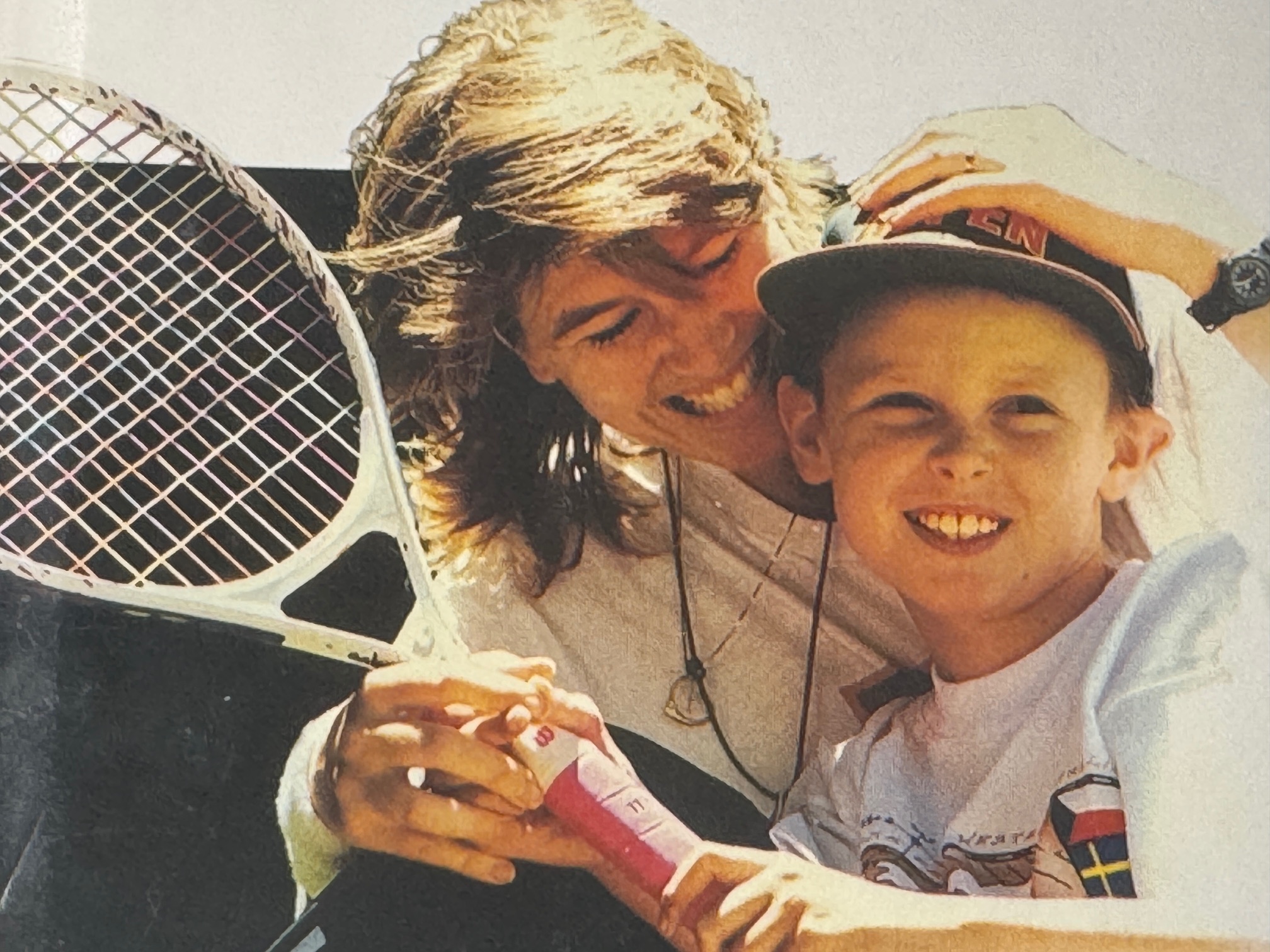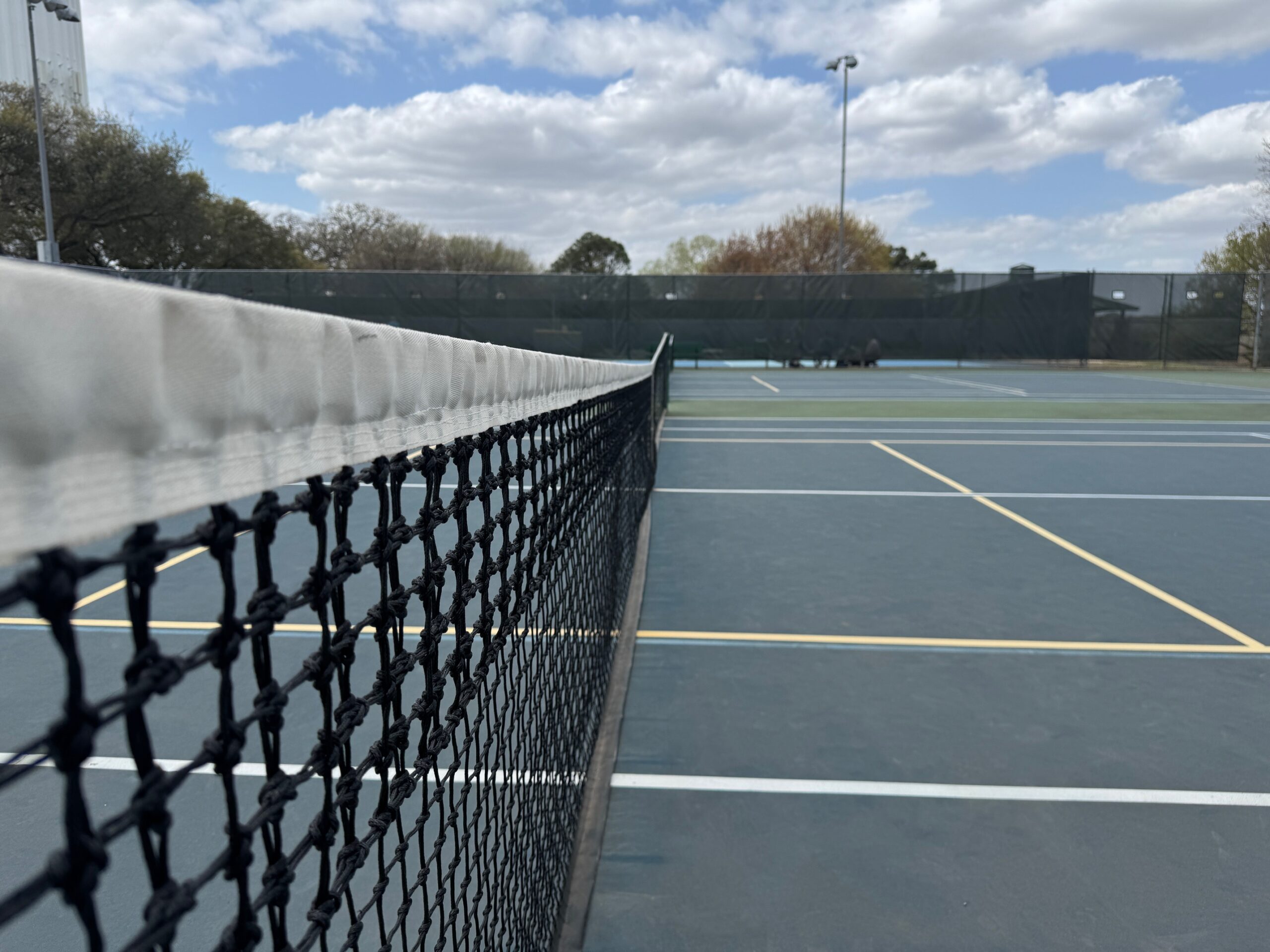In 2019, Dave Seminara embarked on an unusual pilgrimage. The New York Times commissioned him to write a travel story about Basel Switzerland. As a huge Roger Federer fan, Seminara applied for press credentials for the Swiss Open which was conveniently going on in Basel at the same time. He structured the trip as a 10 day exploration of places that were significant to the development of the tennis superstar.
The result of that journey was a story titled “36 Hours in Basel” that ran in early 2020 in the New York Times, and Footsteps of Federer: A Fan’s Pilgrimage Across 7 Swiss Cantons in 10 Acts. In Switzerland, canton is the term used for each of the 23 states that comprises the Swiss Confederation. It is an unusual and intriguing approach for a travelogue.
As a credentialed journalist, Seminara spoke to Federer during press conferences during the Basel tournament. However, he never mentioned his prospective book to him during those interactions. He also somewhat randomly once dined at the hotel Trois Rois the same time as Federer and his family, but did not approach him on that occasion either. The book is based on Seminara’s discussions with people who had some semblance of an association with the tennis star. Some knew Federer quite well and others not at all.
Seminara visited a lot of tennis clubs on his journey because Federer played junior tennis and still trains in the northern cantons of Switzerland. Many of these clubs have plaques identifying Federer’s usual court. The author dined at these clubs fairly frequently because that turns out to be one of the consistently lower cost places to eat for a free-lance journalist on a budget.
The people in Switzerland treat Federer with a great deal of deference. For example, Jakob Federer (not a relative) is a vintner that produces wine under the “Stegeler” label rather than using his famous surname. His refusal to capitalize on that opportunity encapsulates how the people Seminara encountered treat Federer. They are immensely proud of him, but also show him a great amount of deference.
One exception to that comes in the Swiss equivalent of residential zoning laws. Seminara was regaled with stories of how Federer purchased a home with the intent to build a tennis court. However, his building permit for the court was denied by the local officials. At another location, one of his neighbors sued him over the installation of a fence and some tall trees. There are apparently no exceptions to the zoning laws in Switzerland.
Footsteps of Federer: A Fan’s Pilgrimage Across 7 Swiss Cantons in 10 Acts has been languishing in my book queue ever since it was published. As the Swiss Indoors was going on at Basel this week, it was finally the obvious top choice. The fact that Federer declined a second formal retirement ceremony at the tournament this year makes perfect sense after reading the book. With so many accomplishments to his name, Federer doesn’t need any more accolades from Switzerland.
However, the Swiss people are clearly honored to have a connection to him. I highly recommend Footsteps of Federer: A Fan’s Pilgrimage Across 7 Swiss Cantons in 10 Acts as one last meditative journey as Federer makes his final exit from professional tennis.
 | Footsteps of Federer: A Fan’s Pilgrimage Across 7 Swiss Cantons in 10 Acts |
- 36 Hours in Basel, Dave Seminara, The New York Times, February 20, 2020.




Interesting. As a european I would expect the humility that Federer displays and appreciate that laws of the land apply equally to all.
Quite different here in Florida where zoning violations for huge buildings appear to be encouraged for a loilitical payback.’Super pacs’ do not exist in europe.
We have been fortunate to have seen so many great players who are just ‘normal people’ who do not belivev they are entitled…. Of course, there are exceptions…. but I won’t mention his name. Australia knows who he is!